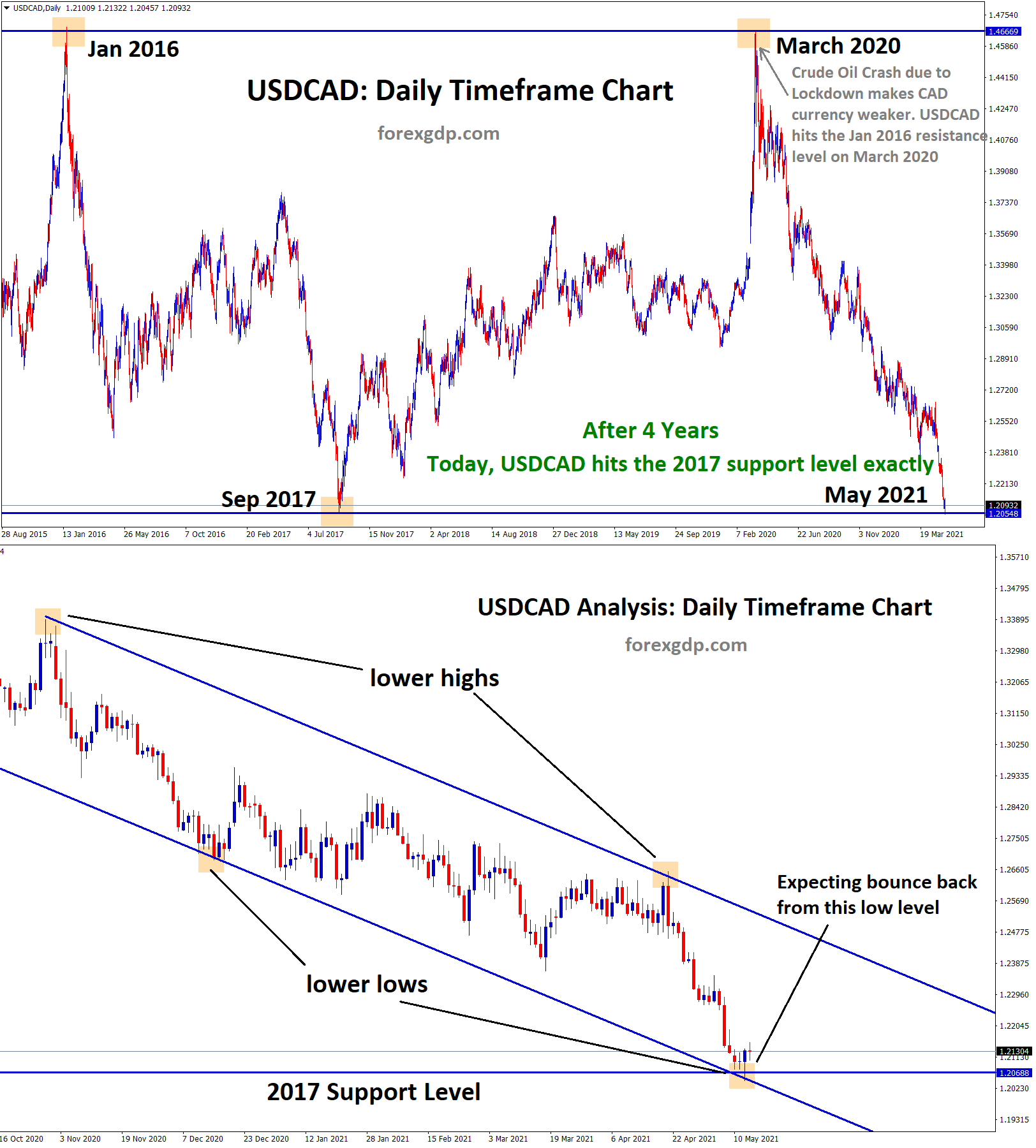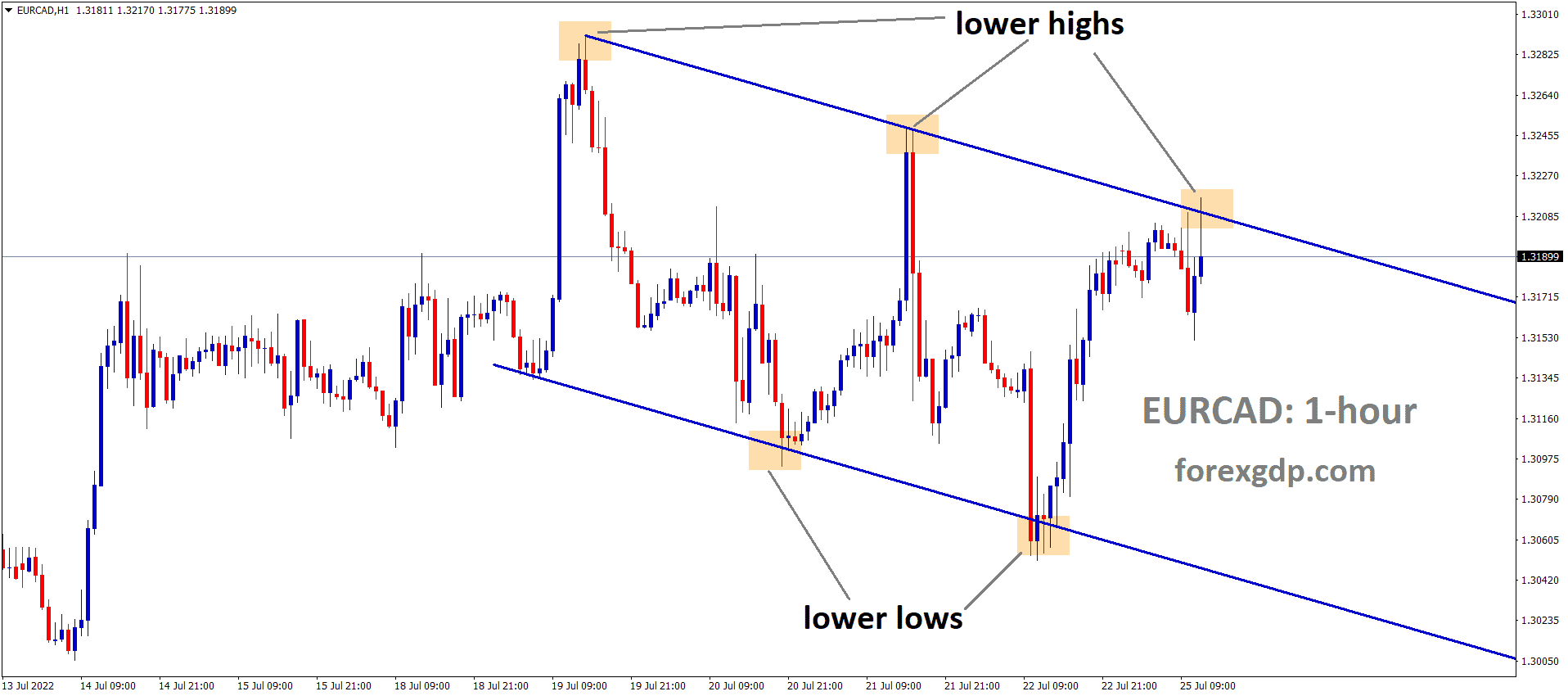A coronavirus is a type of virus that often occurs in animals. Sometimes, it can spread to humans. This is rare.
From December 2019, a new coronavirus started spreading. Experts think people first caught the virus at a fish and live animal market. Now it is spreading from person to person.
According to the centers for disease control and prevention (CDC), coronavirus symptoms can include :
- Fever
- Cough
- Shortness of breath
- Feeling tired and weak
The CDC believes symptoms may appear two to 14 days after coming in contact with the virus. The World Health Organization (WHO) has declared it a global pandemic (an outbreak of a new virus that spreads easily).
There are some symptoms that are similar between these respiratory illnesses. This chart can help you figure out if you may be feeling symptoms of allergies or a respiratory illness like COVID-19. If you have a fever and a cough, call your doctor.

If you get sick, it is more likely it is the flu unless you live in a coronavirus outbreak area. If you have symptoms of a cough or fever, call your doctor. There are antiviral treatments available for the flu.
The virus is spread through coughing (or sneezing). The virus will be in droplets that are coughed out into the air. These are heavy droplets and they quickly fall to the ground/surface below.
People who are within 1 to 2 meters (3 to 6 feet) of someone who is ill with the coronavirus may be within the zone that droplets can reach. If someone who is sick coughs on or near your face, you may get infected. This is why it is recommended that people who are sick should cough/sneeze into their elbows or a tissue and throw it away and wash their hands. People who are sick should also wear a mask to help stop the spread of illness.
The coronavirus may also live on surfaces that people have coughed on. If you touch a surface with the virus on it and then touch your mouth, nose or eyes, you may get sick.
According to the WHO and the CDC, the highest risk groups include:
- People who have traveled in China, Iran, South Korea and Europe
- People caring for someone who is ill with the coronavirus
- People over age 60
- People with chronic medical conditions such as:
- High blood pressure
- Heart disease
- Diabetes
- Asthma
People with asthma should take precautions when any type of respiratory illness is spreading in their community.
The CDC released new guidelines for people at high risk (including people with asthma):
- Stock up on supplies (a 14-day supply)
- Take steps to keep a distance from others
- Avoid people who are sick, limit close contact and wash your hands often
- Avoid crowds as much as possible
- If there is an outbreak in your local community, the CDC also recommends you stay home as much as possible.
The steps you take to avoid the flu will also help protect you from the coronavirus:
- Wash your hands often with soap and warm water for 20 to 30 seconds, always after coughing or sneezing. If you don’t have access to running water, use an alcohol-based hand cleanser that is at least 60% alcohol.
- Don’t touch your eyes, nose or mouth.
- Stay away from people who are sick.
- Don’t share makeup, food, dishes or eating utensils.
- Take your daily asthma medicines to keep your asthma under control.
If you do get sick, please go to hospital or call Dr. Franks. Do not hesitate.
There is no vaccine for the new coronavirus. Get the flu shot if you haven’t already – it’s not too late to protect yourself from the flu. The flu season can last as late as May.
Wearing a surgical mask is not recommended by the WHO nor the CDC. Only people who are sick or people who are caregivers of people who are sick should wear masks.
If you are traveling to areas where coronavirus has been found, click here to check CDC travel precautions.
Please share this message to as much people as possible to help them from corona. Please take care of your health. Thank you.
Are you interested in receiving best stock markets, forex, commodity market updates subscribe to our free notifications now.
Don’t trade all the time, trade only at Best Setup. Join Free now. Let result speaks on your trading account. Start to receive the forex signals now: forexgdp.com/forex-signals/





